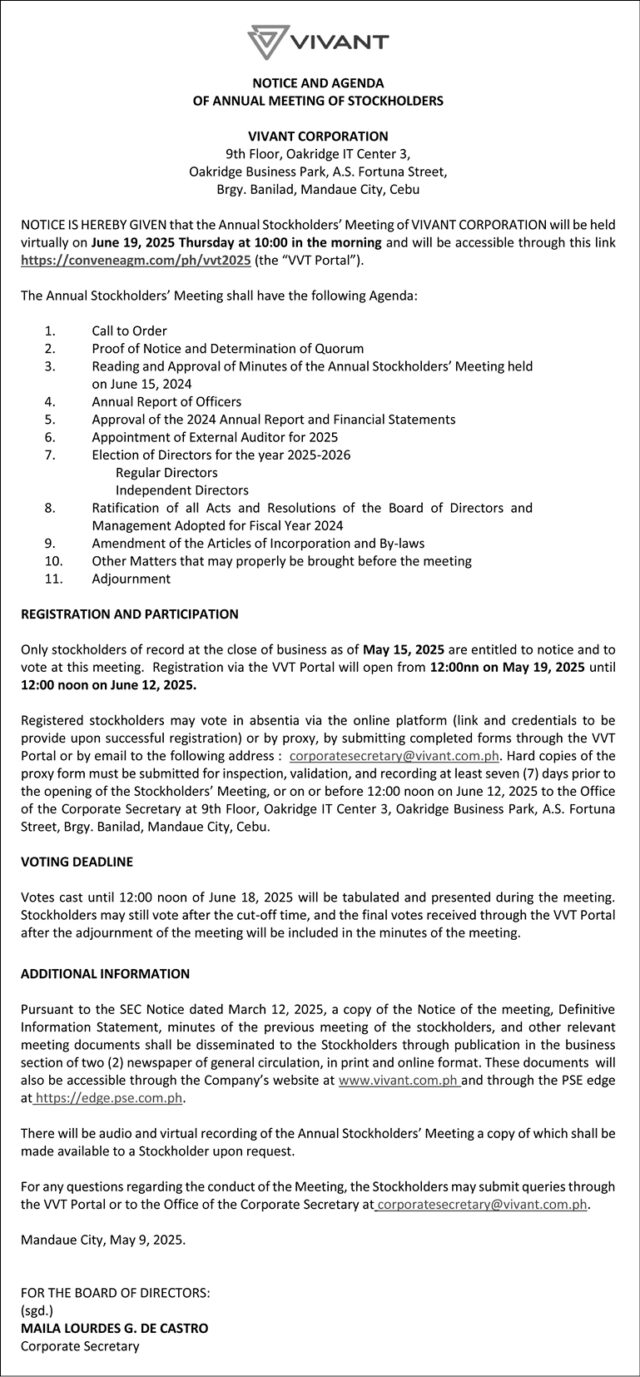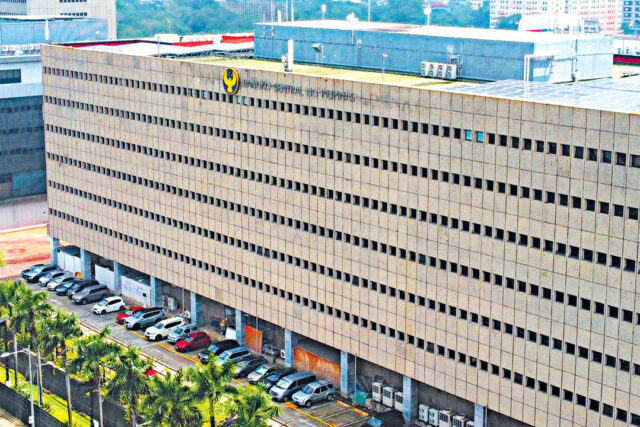I first heard about conscious business from my conversations with key officers of Axialent (www.axialent.com), a company founded in 2002 by Fred Kofman. In his book Conscious Business, How to Build Value Through Values, the author explains that a conscious business promotes the intelligent pursuit of happiness among all its stakeholders. It does not measure success solely through financial metrics. Instead, it evaluates success through three key lenses:
• The “It” perspective focuses on the organization’s effectiveness, efficiency, and reliability, all crucial for increasing shareholder value and growth.
• The “We” perspective emphasizes the organization’s ability to cultivate collaborative relationships that empower people to perform at their best.
• The “I” perspective encourages personal growth, meaning, and engagement for each stakeholder.
He further says that an organization that embraces conscious business is a dynamic enterprise steered by individuals who consider the impact of their actions on all stakeholders. Characterized by a purpose that transcends profits, a conscious business continually questions: “How does our existence make the world a better place?” Thus, the goal of a conscious business extends beyond mere productivity as it aims to foster an environment that allows individuals to live their lives with passion, love, compassion, and creativity.
CASE STUDIES OF ‘CONSCIOUS BUSINESS’
To demonstrate the impact of this philosophy on business, I would like to share case studies where this was adopted.
Empowering people with purpose and agility. In the following cases, what made the difference was not structure alone — it was leadership alignment, mindset shifts, and cultural clarity. Building a sustainable business that can thrive for many generations demands more than numbers — it demands empowered people with a shared purpose and agility.
• At one global bank, conscious business enabled the organization to adopt agile ways of working to scale across 30,000+ employees in 11 countries — resulting in faster product delivery, stronger customer responsiveness, and a decisive edge in digital growth.
• Another financial institution, facing rising disengagement despite strong earnings, re-centered its leadership on customer value — boosting team performance and customer trust.
Aligning culture with business and vision. Embedded in the philosophy of conscious business is the principle of the nexus of culture, leadership, and strategy. Organizations need to align their culture with their business vision, ensuring that transformation isn’t just adopted — but embraced at every level. For example, the best digital strategies can falter without the right cultural foundation. Conversely, when companies get their culture right, the results are remarkable, such as in the following companies:
• A leading e-commerce retailer nurtured a unified, customer-obsessed culture that empowered agile teams to innovate. The CFO of this company, Latin America’s largest e-commerce platform, noted that the two years of its culture program were the most successful in the company’s history — and he credits the culture work as a key factor in that success.
• A diversified global conglomerate unified tens of thousands of employees after rapid growth and acquisitions. By building a culture of collaboration, accountability, and trust across 18+ countries, the organization was able to break down silos, improve efficiency, and engage its people behind a new strategy. This cultural cohesion proved vital in driving innovation and growth in a complex business environment.
These stories show that an intentional culture transformation can scale agile ways of working, improve customer experience, and unite large organizations behind a common purpose, building on an organization’s strengths and values to prepare its leaders and teams for new challenges. Treating culture as a business lever — not just an HR initiative — can unlock real results.
Leading across generations. Aligning culture with strategy enables companies to execute faster, lead more collaboratively, and future-proof growth — especially in family-led, multi-sector enterprises. In companies undergoing transformation, culture becomes the glue: it breaks silos, fosters agility, and equips the next generation to lead with confidence. Organizations which are diverse, multi-sector, and rich in legacy often reach an inflection point: where future growth depends not just on having the right strategy, but on shifting deep-seated cultural norms and mindsets, especially among leaders that span across generations, to execute strategy flawlessly.
• At a global petrochemical company, a culture shift empowered teams and sped up decision-making — critical for navigating market volatility.
• A tech giant, transformed its habits so individuals and teams could effectively build social value, move fast, be bold, be open, and focus on impact.
• A financial group replaced outdated hierarchies with empowered, agile teams — resulting in faster decisions and stronger customer responsiveness.
Having a strong foundation and the right cultural alignment can power transformation, empower next-gen leaders, and evolve a family legacy for the future.
EMBRACING CONSCIOUS BUSINESS
In the same book I cited, Mr. Kofman refers to consciousness being the main source of organizational greatness. He explains that conscious business means finding your passion and expressing your essential values through your work. A conscious business seeks to promote the intelligent pursuit of happiness in all its stakeholders. It produces sustainable, exceptional performance through the solidarity of its community and the dignity of each member.
Basic principles and behaviors that can help an organization become a conscious business include:
• Unconditional responsibility — how to become the main character of your life;
• Open-minded humility — valuing curiosity over the need to be right;
• Unflinching integrity — how to succeed beyond a narrow view of success;
• Authentic communication — how to speak your truth, and elicit others’ truths;
• Impeccable commitments — how to coordinate actions with accountability;
• Constructive negotiation — how to favor positive-sum rather than zero-sum outcomes;
• Right leadership — how being, rather than doing, is the ultimate source of excellence.
In embracing conscious business, we transcend mere profitability, cultivating workplaces where individuals thrive, communities flourish, and organizations achieve lasting success. “Conscious business” is not just a guide; it is a call to action — inviting us to align our deepest values with purposeful work, transforming both our professional lives and the world around us.
Ma. Aurora “Boots” D. Geotina-Garcia is a member of the MAP Education Committee and the MAP Diversity, Equity & Inclusion Committee. She was the first female chair of the Bases Conversion & Development Authority (BCDA) and is the founding chair and president of the Philippine Women’s Economic Network (PhilWEN). She is president of Mageo Consulting, Inc., a company providing corporate finance advisory services.
map@map.org.ph
magg@mageo.net























